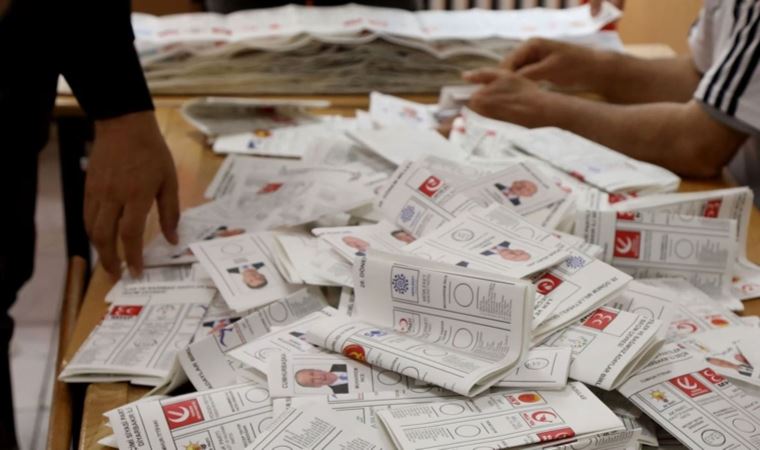Turkish pollsters failed to predict outcome, in shock for markets and voters
The result of Turkey's presidential vote bore no resemblance to pollsters' forecasts which pointed to the opposition candidate in the lead, compounding the surprise for markets and voters alike when President Tayyip Erdogan emerged ahead in the race.

With a runoff set for May 28 between Erdogan and Kemal Kilicdaroglu, the forecasts are being disregarded and pollsters are reflecting on where their surveys went wrong ahead of a vote seen as one of the most important in Turkish history.
Opinion polls from numerous companies had for weeks shown Kilicdaroglu in front of Erdogan, appearing to chime with perceptions that his popularity had been sapped by soaring inflation and a cost-of-living crisis.
Yet Sunday's results were the other way round, with Erdogan winning 49.5% of the vote and Kilicdaroglu on 44.96%, with 99% of the ballot boxes counted. With neither of the candidates having secured more than 50%, the vote goes to a runoff.
One polling company, MAK, in a survey published on May 7 showed Kilicdaroglu winning 50.9% in the presidential election, enough to secure a win in the first round.
MAK Chairman Mehmet Ali Kulat said conducting surveys had been made harder by factors including the massive earthquakes that struck Turkey in February, and the Muslim holy month of Ramadan, which ran from March to April.
"There was a 20-day period after Ramadan and you cannot legally conduct polls in the last 10 days. These made us stray further. We, as research companies, should not find excuses," he told Reuters.
Erdogan's People's Alliance, comprising of his Islamist-rooted AK Party and its nationalist partners, also appeared set to win a majority in the new parliament with 321 of the 600 seats, an outcome seen as boosting his chances in the presidential runoff.
While a number of pollsters including MAK had predicted a majority for the People's Alliance in the parliamentary vote, the nationalist MHP - part of the governing alliance - did much better than forecast.
Erik Meyersson, chief emerging markets strategist at SEB, said opinion polling in Turkey, as in many other countries, can often turn out to be misleading, including with people not necessarily being honest about who they were going to vote for.
"Different polls with different biases and issues create noisy averages that remain unrepresentative of voting intentions," he said.
"Voters may have engaged in signalling, to the extent that they indicated their displeasure with the government’s policies by upping the opposition in opinion polls but consequently supported the incumbent in the elections."
